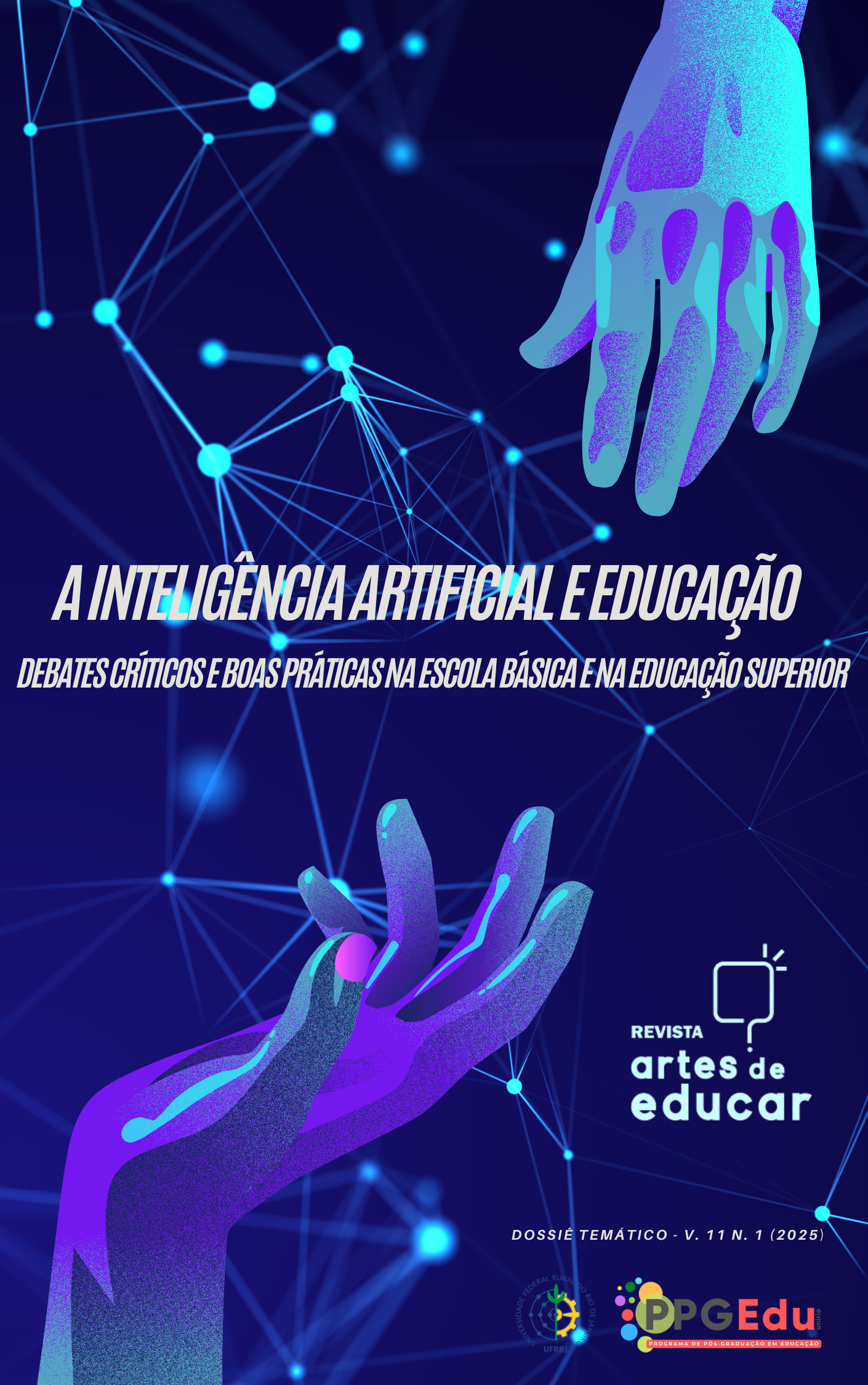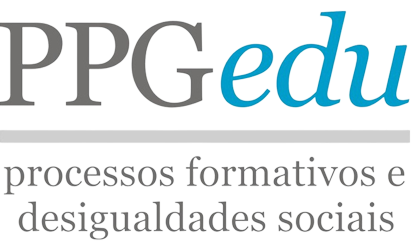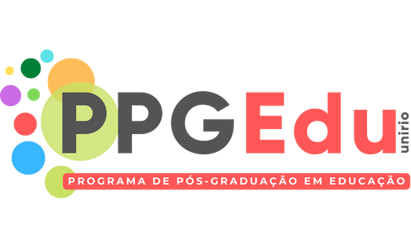ANALYSIS OF LEARNING STYLES IN DISTANCE EDUCATION:
THE USE OF SMART ALGORITHMS
DOI:
https://doi.org/10.12957/riae.2024.86109Abstract
Artificial Intelligence (AI) is a recent topic in academic research and studies, specifically in the area of Education and even though we are aware that AI is already part of our daily activities and is intensifying in other areas, there are still few studies that use Artificial Intelligence in the search for educational solutions in the Distance Education Modality (EAD). This article aims to analyze the results of an institutional project entitled “The Theory of Learning Styles Applied to Distance Learning”. The research was developed from 2020 to 2023. For data collection, a CHAEA 32 questionnaire was used, which was analyzed using the hypothetical-deductive method. The research was developed in five phases: systematic literary review; completing the CHAEA 32 questionnaire (adapted); data analysis (identification of students' predominant Learning Styles); implementation (recognition of student behaviors); execution (correlate the identified Learning Styles with known behaviors). In this work, as a theoretical framework it was adopted the concept of Learning Styles defined by Alonso, Gallego and Honey (2002), Cavellucci (2006), Costa (2022). To define AI, the concepts of Russell, Norvig (2013) were used. In the results, the data indicate that from the group of 120 students divided into five classes of a distance learning training course, who voluntarily answered the CHEA32 questionnaire, we observed that there is no correlation between these styles and the behavioral variables used in the study. In addition to the result of the analysis of the VLE data, an important contribution of this work was to be able to prove that the identification of students' behaviors in the Virtual Learning Environment alone is insufficient to detect their standard Learning Style, mainly because these behaviors are influenced by other external factors such as social, environmental and physiological.
Keywords: Distance Education; Learning Styles; Smart algorithms
Downloads
Published
How to Cite
Issue
Section
License
Copyright (c) 2024 Elizane Silva do Nascimento, Míriam Síria Rodrigues de Souza, Roberto Douglas da Costa

This work is licensed under a Creative Commons Attribution-NonCommercial 4.0 International License.
Authors retain copyright to their work, are permitted to publish and distribute their work online (e.g., in institutional repositories or on their personal page) at any point before or during the editorial process, as this may generate productive changes, as well as increasing the impact and citation of published work.
The acceptance of the text implies the authorization and exclusivity of the Revista Interinstitucional Artes de Educar regarding the right of first publication, the published works are simultaneously licensed with a Creative Commons Attribution-Non Commercial 4.0 International License 























